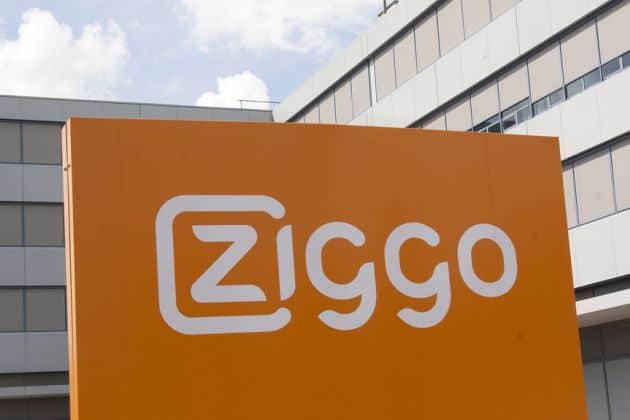In April, Ziggo will increase internet speeds for over 2.4 million consumers and 130,000 businesses. Private customers with a Start, Complete or Max package get 25 percent more download speed up to 500 Megabit per second (Mbit/s). For business customers with Complete or Max, this increases by 20 percent to as much as 600 Mbit/s.
Marcel de Groot, VodafoneZiggo’s Consumer Market Director, states that his company will continue to work on the network. Technical innovations make speed improvements possible and the company wants to pass them on to our customers. This is immediately noticeable for everyone from April onwards. However, customers have to reset their modem for higher speeds.
Significant increases
For consumers with a Max subscription, the highest download speed after this increase is 500 Mbit/s. The upload speeds of Start and Complete among consumers are also increasing by 25 percent. The most popular Complete package chosen by entrepreneurs rises 20 percent to a download speed of 300 and the Max package even to 600 Mbit/s. Research shows that the relatively high upload speed of 40-50 Mbit/s is more than sufficient for most customers. For companies with the Start package, the speeds remain the same.
The higher speed will be deployed gradually over a period of four weeks. In the second week of April, Ziggo will start remotely resetting modems, after which subscribers will automatically have the new speeds. From mid-April, customers can also reset their modem themselves and get the new speed right away.
Not noticeable everywhere
In a number of regions, the higher speeds will not be immediately noticeable. This is due to the fact that in certain areas the switchover from analogue to digital TV has not yet taken place. This is an important precondition for speed improvement, because the bandwidth released is used for the Internet.
According to Ziggo, this speed increase fits in with Ziggo’s ambition to achieve 1 Gigabit per second via the national glass-coax network. To this end, a successful pilot with the application of DOCSIS 3.1 has already been carried out in Utrecht. This is the latest standard for the provision of internet data, voice and video services via the existing glass coax network. The city of Utrecht will be the first to switch to this speed from 2020, after which the rest of the Netherlands will follow within two years.
This news article was automatically translated from Dutch to give Techzine.eu a head start. All news articles after September 1, 2019 are written in native English and NOT translated. All our background stories are written in native English as well. For more information read our launch article.